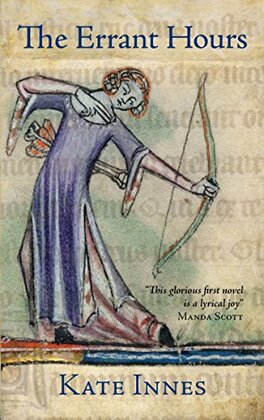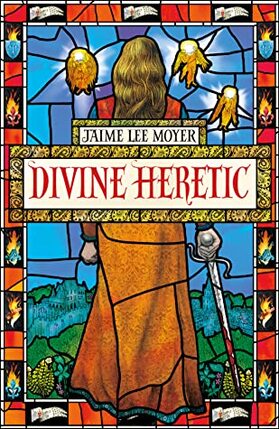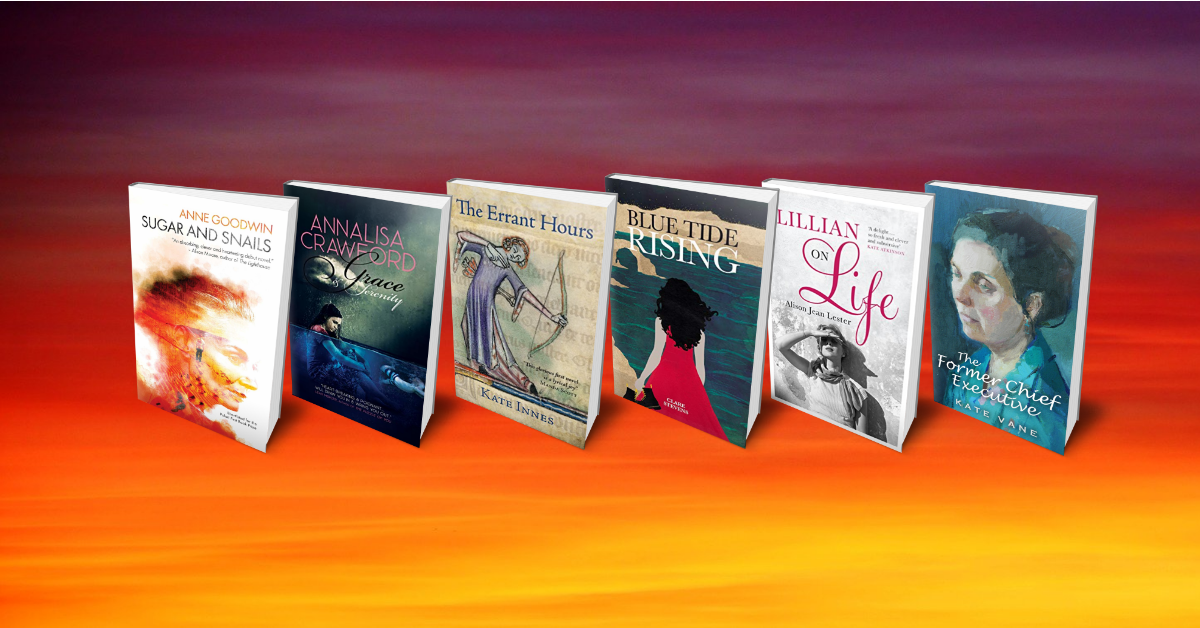The Errant Hours by Kate Innes
Their journey takes the reader on a fascinating tour of medieval culture and beliefs: the feudal legislature, the low status of women and the power of the church. The writing is rich with period detail, not only the sights and sounds but the smells.
Ilessa hopes to trade an illustrated manuscript to redeem her brother, but the sacred book is far too valuable for someone of her social standing to have legally in her possession. When she learns how her mother came to have it, she’ll also discover the secret of her own identity.
Interspersed with Ilessa’s adventures is the story of Marina, the patron saint of childbirth, whose image adorns the holy book. Viciously tortured for embracing Christianity, it makes grim – but highly credible – reading.
I was gripped by the first half of the novel, for the captivating history and the quality of the prose. Although I still enjoyed it, I was less enamoured by the second half when Ilessa’s travels pause as she’s co-opted into a pageant at a tournament and a new thread, set in the sixth century, is introduced.
The Errant Hours is one of six books in a giveaway I’m running for readers in the UK, which also includes my own novel Sugar and Snails. It closes on 16 November 2020, so click on the image if you’d like to join in.
Divine Heretic by Jaime Lee Moyer
As she’s soon to discover, her life choices are limited by gender. Without a father’s protection, and with the clergy’s collusion, she could be forced into marriage with a violent older man. Then there’s the threat of the English rampaging through the countryside, razing her village to the ground.
In this engaging novel, Jaime Lee Moyer shows us Joan of Arc from a different angle: reluctant heroine and troubled voice-hearer, bullied into risking her life to save France. It’s the myth of the Maid of Orleans recast as a romance. Thanks to Jo Fletcher Books for my review copy.
I have one short story set in mediaeval times: “The Invention of Harmony”.
Here I am reading the opening:
























 RSS Feed
RSS Feed





















